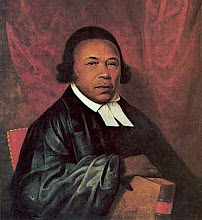
The Fixer
by Bernard Malamud
When I went to start Malamud's The Fixer I expected that I would find a work of great brilliance. Being that it was the first book ever to win both the National Book Award and the Pulitzer Prize, only done once since, I expected unusually inspiring proses. I was not disappointed. Malamud's depiction of a man, in prison, in terrible conditions, virtually concentration camp scenarios, of a man accused of a crime he did not commit, due to anti-semitism in Russia during the period 1904 through 1907 or thereabouts.
Malamud not only gives us the full impact and feeling of the isolation, desolation and frustration of a prisoner in terrible conditions, waiting just for a 'letter of indictment', not even knowing whether he would be accused of the terrible rumor that abound. Malamud takes us through periods of hope for the prisoner, and then dashes those hopes. He takes us through the feelings of worthlessness, hopelessness and the struggle that such a combination creates with the concept of suicide.
Written without any fanciness in terms of high language, but using only words that one could understand with a 9th grade education, Malamud constructs what is a classic novel of a Kafka story and the intensity of Blindness by Saramago (Nobel Prize for Literature, 1998). For serious thinkers of the human mind and the places it takes one in conditions of great extremity, this book is a must read. To get closed to the real feelings of prison hopelessness combined with intense anti-semitism, read Malamud's book and then come to a new understanding of the human condition and its obscurity as an individual in a world turned against one.
Review by Jon Linden

No comments:
Post a Comment